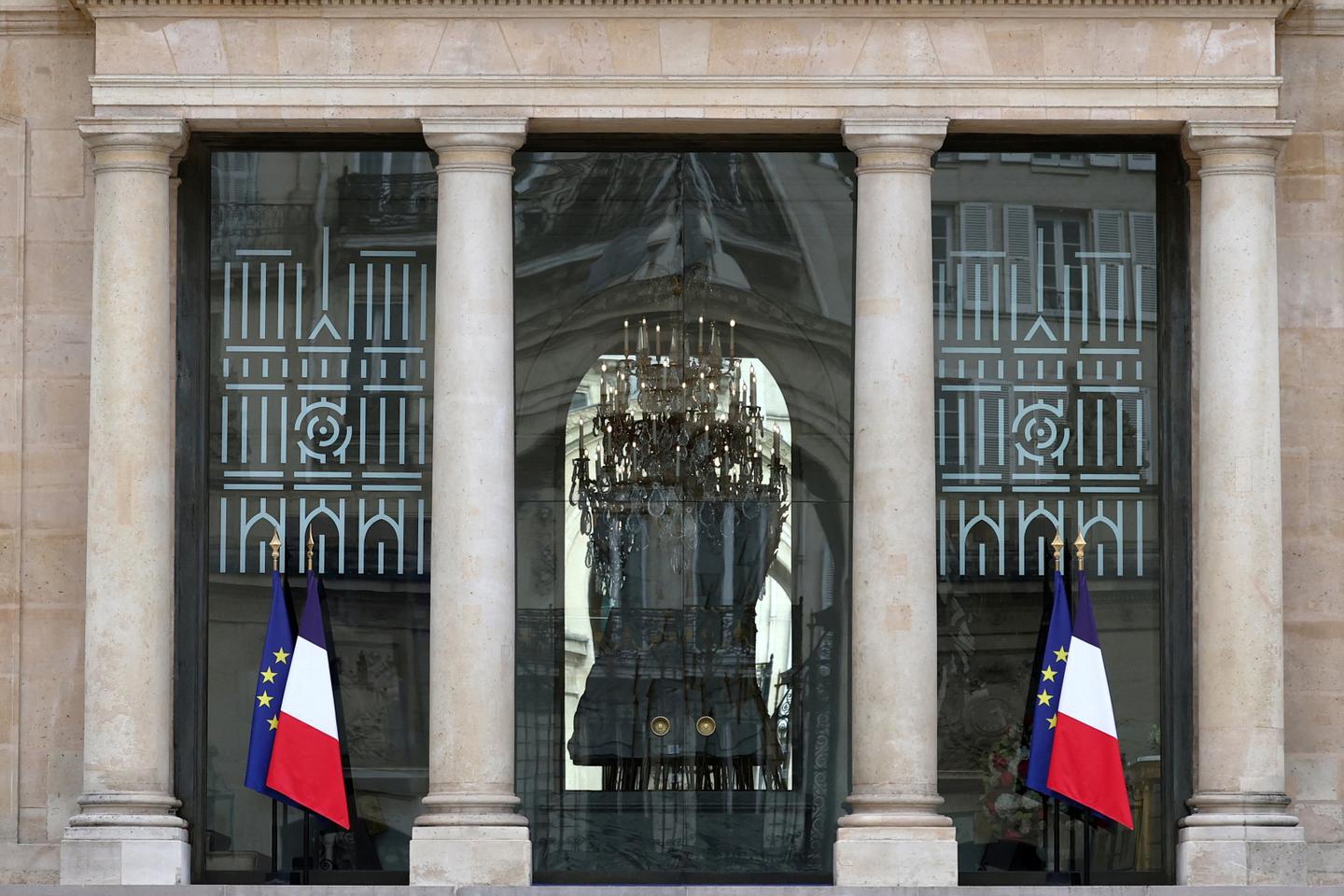France 2027: Un Président-PDG, Bonne Idée ou Risque Majeur ?
Editor’s Note: The debate surrounding the potential for a President-CEO in France's 2027 election has ignited intense discussion. This article explores the implications of such a scenario.
Why This Matters: The President-CEO Debate in France's 2027 Election
The prospect of a President-CEO in France's 2027 election is a topic of significant national and international interest. This unconventional combination of roles raises crucial questions about the separation of powers, potential conflicts of interest, and the overall impact on French governance and the economy. This article delves into the potential advantages and disadvantages, examining the arguments for and against such a unique leadership model. We'll analyze the implications for economic policy, social programs, and France's standing on the global stage. Understanding this debate is vital for anyone interested in French politics, economics, and future leadership.
Key Takeaways
| Advantage | Disadvantage |
|---|---|
| Streamlined Decision-Making | Potential Conflicts of Interest |
| Business Expertise | Risk of Authoritarianism |
| Economic Growth Focus | Lack of Political Neutrality |
| Enhanced International Credibility | Reduced Accountability |
France 2027: Un Président-PDG
The idea of a President-CEO for France in 2027 is a departure from traditional political norms. Proponents argue that such a leader would bring essential business acumen to the presidency, leading to more efficient governance and economic growth. The belief is that a leader with hands-on experience in the private sector would be better equipped to navigate complex economic challenges and implement effective solutions. This approach might attract foreign investment and boost international confidence in France's economic stability.
Key Aspects of a President-CEO Model
- Economic Policy: A President-CEO might prioritize market-oriented reforms, attracting foreign investment and fostering competition.
- Social Programs: The approach to social programs could be influenced by a focus on efficiency and cost-effectiveness.
- International Relations: A business-minded President could leverage their network and experience for stronger international collaborations.
Detailed Analysis: The Pros and Cons
While proponents highlight the potential for economic efficiency and streamlined decision-making, critics voice concerns about potential conflicts of interest. A President-CEO might favor policies that benefit their own business interests, potentially at the expense of the broader public good. This raises questions about accountability and transparency. Furthermore, the concentration of power could lead to an authoritarian style of governance, undermining democratic principles.
Interactive Elements: Exploring the Implications
Conflict of Interest: Navigating the Ethical Minefield
The potential for conflicts of interest is a major concern. A President-CEO's decisions could directly impact their own company or business associates. Mechanisms for transparency and independent oversight would be crucial to mitigate this risk. Examples of potential conflicts, such as regulatory decisions impacting their industry, need careful consideration and robust safeguards. Mitigating these risks requires strict ethical guidelines and potentially even divestment from existing business interests. The impact of this on the political landscape would need further analysis.
Economic Growth vs. Social Equity: A Balancing Act
A President-CEO might prioritize economic growth above all else. This could lead to policies that benefit businesses but negatively affect vulnerable populations. The challenge lies in finding a balance between economic growth and social equity, ensuring that all segments of society benefit from economic progress. Practical examples of policies that might favor business growth at the expense of social programs need to be carefully considered.
People Also Ask (NLP-Friendly Answers)
Q1: What is a President-CEO?
A: A President-CEO is a leader who simultaneously holds the office of President and Chief Executive Officer of a major company or organization. In the context of France 2027, it refers to a presidential candidate with significant business experience.
Q2: Why is this a controversial idea?
A: It's controversial because it raises concerns about conflicts of interest, the concentration of power, and the potential undermining of democratic principles.
Q3: What are the potential benefits?
A: Potential benefits include more efficient governance, economic growth driven by business expertise, and enhanced international credibility.
Q4: What are the potential drawbacks?
A: Potential drawbacks include conflicts of interest, authoritarian tendencies, and a possible neglect of social equity in favor of economic growth.
Q5: How could the risks be mitigated?
A: Mitigating the risks requires strong ethical guidelines, independent oversight, and transparent decision-making processes.
Practical Tips for Understanding the President-CEO Debate
- Research the candidates: Analyze the business backgrounds and policy platforms of presidential candidates.
- Evaluate potential conflicts: Consider how a candidate's business interests might influence their policies.
- Assess transparency mechanisms: Examine proposed measures to ensure accountability and transparency.
- Compare with other models: Study how other countries have handled similar leadership combinations.
- Engage in informed discussions: Participate in discussions about the implications of this model for French democracy.
Summary (Résumé)
The debate surrounding a President-CEO in France's 2027 election presents a complex interplay of potential benefits and significant risks. While business acumen could bring efficiency and economic growth, concerns about conflicts of interest and the concentration of power demand careful consideration. A transparent and accountable system is crucial to prevent the erosion of democratic principles.
Closing Message (Message de Clôture)
The 2027 French presidential election promises a fascinating political and economic showdown. The question of whether a President-CEO is a good idea remains a subject of intense debate. Will the perceived benefits of business expertise outweigh the inherent risks? Only time will tell.
Call to Action (Appel à l'action)
Share your thoughts on this crucial debate! Comment below and let us know your perspective. Subscribe to our newsletter for updates on French politics and the 2027 election.

